| Size | |
|---|---|
| Common Name | |
| Type | |
| Family | |
| Native? | US Native Plants |
| Native Range | Eastern and Central North America |
| Zone | 4, 5, 5b, 6, 7, 8, 8b, 9 |
| Height Range (ft.) | 50 to 75 |
| Spread (ft.) | 40 to 60 |
| Bloom Time | |
| Bloom Description | flowers, Green, inconspicuous, Small, yellowish-green catkins |
| Sun | |
| Water | |
| Maintenance | |
| Suggested Use | |
| Tolerate | |
| Growth Rate | |
| Attracts |
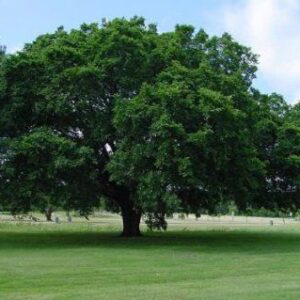
Juglans nigra, or Black Walnut, is a large native canopy tree valued for its wildlife-friendly nuts, towering form, and ecological importance.
$35.99 – $45.99
Please note: Sizes 1.5 Gallon and up can’t be shipped outside the counties of Nassau, Suffolk, Brooklyn, and Queens.
Learn more about how the process works and how our plants are delivered.
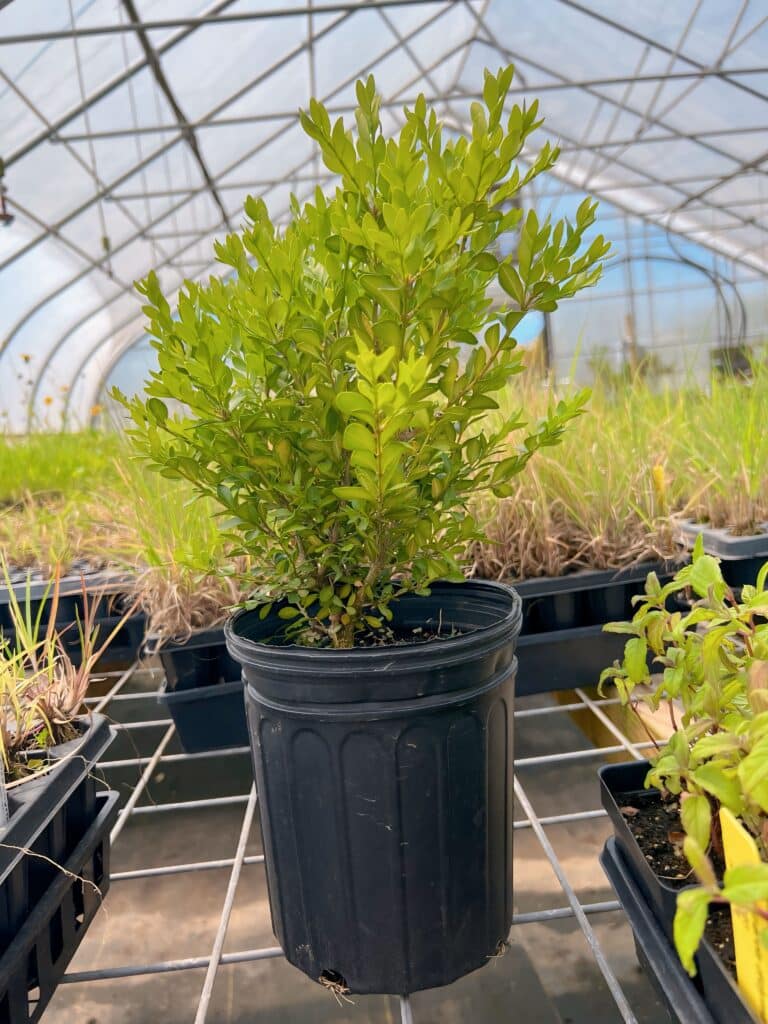
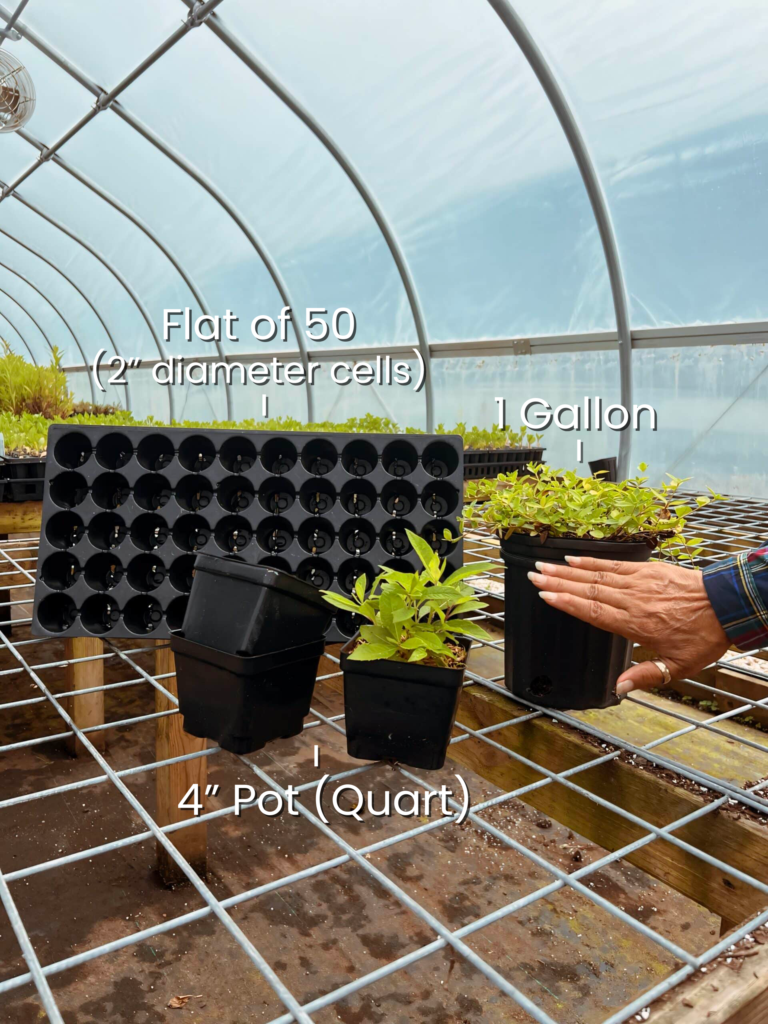
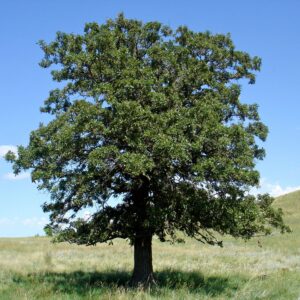
| Size | |
|---|---|
| Common Name | |
| Type | |
| Family | |
| Native? | US Native Plants |
| Native Range | Eastern and Central North America |
| Zone | 4, 5, 5b, 6, 7, 8, 8b, 9 |
| Height Range (ft.) | 50 to 75 |
| Spread (ft.) | 40 to 60 |
| Bloom Time | |
| Bloom Description | flowers, Green, inconspicuous, Small, yellowish-green catkins |
| Sun | |
| Water | |
| Maintenance | |
| Suggested Use | |
| Tolerate | |
| Growth Rate | |
| Attracts |
Juglans nigra, commonly known as Black Walnut, is a large, stately deciduous tree native to the eastern and central United States. Known for its strong wood, valuable nuts, and broad canopy, Black Walnut can grow 50 to 80 feet tall with a wide-spreading crown. Its compound leaves provide light shade in summer, while its deep taproot and allelopathic properties (juglone production) influence nearby plant growth. Black Walnut is best suited to large properties, restoration projects, and native habitat plantings where it can provide food, shelter, and soil stabilization.
Wildlife value: Provides nuts for squirrels, birds, and other wildlife
Native canopy tree: Supports biodiversity and offers long-term landscape structure
Durable and long-lived: A strong native tree with ecological and historical importance
Sun exposure: Requires full sun for optimal growth
Soil needs: Prefers deep, well-drained soils; tolerates a range of conditions
Maintenance: Minimal once established; avoid planting sensitive species nearby due to juglone
Native woodland or edge plantings: Best used in large, open naturalized areas
Restoration and reforestation: Supports native ecosystems and soil health
Wildlife plantings: Produces nuts and provides cover for many species
Native keystone tree: Hosts numerous insects and supports diverse wildlife
Nut producer: Important food source for mammals and birds
Erosion control: Deep root system stabilizes soils and improves drainage
/5
Total reviews
|
|
Persons recommended this product
Anonymous
Shopper
check_circle Verified
Shop owner replied
Was this helpful
Anonymous
Shopper
check_circle Verified
Shop owner replied
Was this helpful
Your feedback helps us improve our service.
There are no reviews yet.
Be the first to review “ ”
Please log in to submit a review.
Only logged in customers who have purchased this product may leave a review

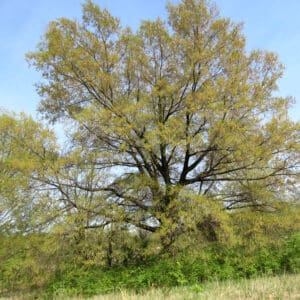
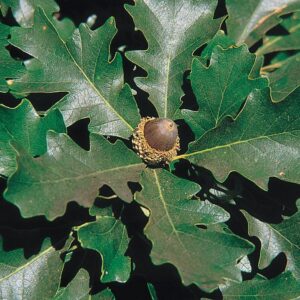
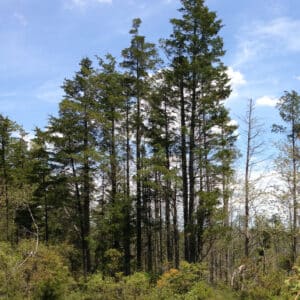
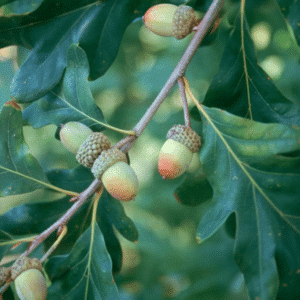
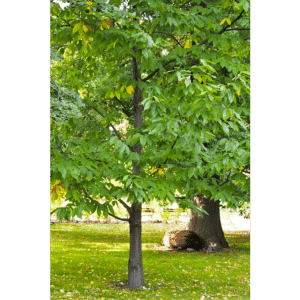

Yes. Juglans nigra is native to the eastern and central United States, commonly found in rich bottomlands, woodlands, and along riverbanks. It is a long-lived native hardwood tree valued for its ecological contributions, edible nuts, and high-quality timber.
Black Walnut is a large, deciduous tree that typically grows 50 to 75 feet tall and 50 to 75 feet wide, though it can reach over 100 feet in ideal conditions. It develops a broad, rounded canopy and has deep roots and strong structural form, making it well-suited for large properties, restoration areas, or naturalized settings.
Black Walnut thrives in full sun and prefers deep, fertile, moist, and well-drained soils. It is hardy in USDA zones 4 through 9 and performs best in open areas where it has room to develop a wide canopy. It is drought-tolerant once established but benefits from consistent moisture during early growth.
Yes. While it is wind-pollinated and doesn’t attract pollinators, Black Walnut provides important food and habitat for wildlife. Its nuts are eaten by squirrels, deer, foxes, and birds, and it serves as a host plant for native moths. The tree also contributes to biodiversity in native woodland ecosystems.
Black Walnut is not typically browsed by deer due to its strong aroma and bitter compounds. However, it produces juglone, a natural chemical that is toxic to many nearby plants, including tomatoes, apples, and azaleas. This allelopathic effect can make companion planting more challenging near its root zone.
Our gift cards make it easy to share the beauty of plants, flowers, and all things green. Whether for a special occasion or just because, give the gift of choice and let them select their favorites to create a garden they’ll cherish.
BUYING HIGH QUALITY PLANTS HAS NEVER BEEN EASIER
Our plants are easy to order, plant, and enjoy! Bringing pollinators to your property improves vegetable yields – Feed the bees!
Sign up for our email list!
Copyright © 2025 Bumbee’s | Web design and SEO by Searles Graphics